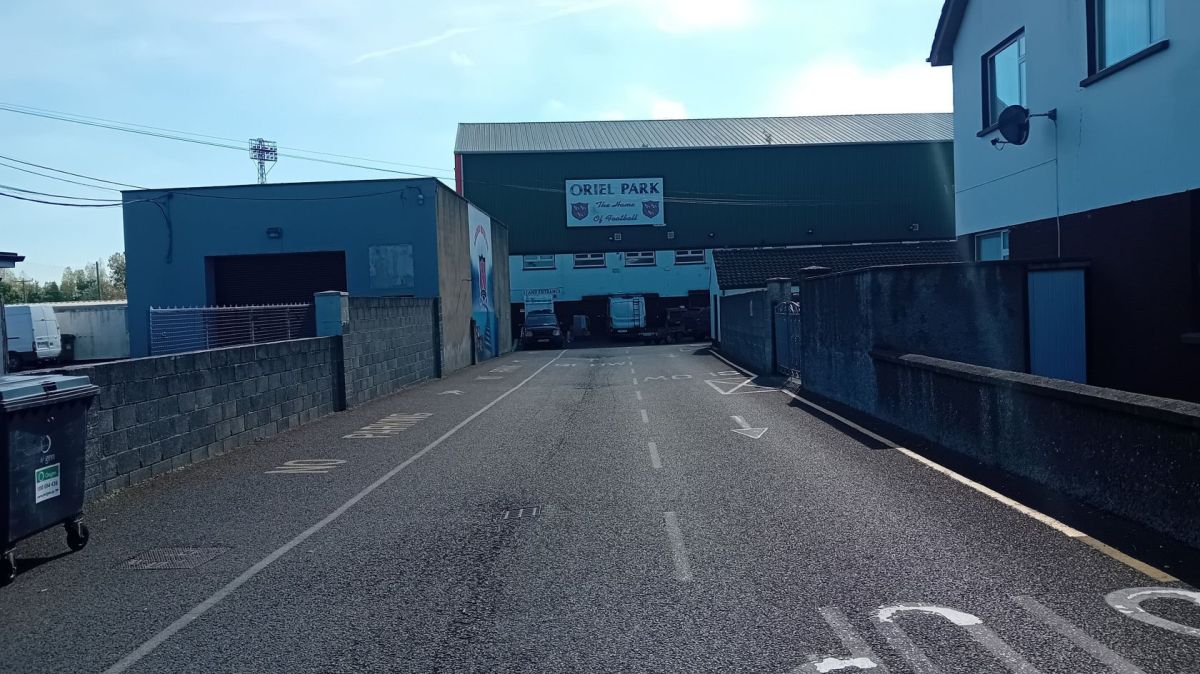The Mobuoy site, uncovered in 2013 just over two miles from the city, saw criminals bury more than a million tonnes of domestic and construction waste at a former quarry beside the River Faughan – a key source of Derry’s drinking water. While surface water tests show the river remains unaffected, groundwater beneath the site is polluted, raising fears of long-term environmental damage.
Investigations estimate 1.6 million tonnes of waste were deposited, with around 627,000 tonnes linked to illegal dumping. The contaminated area spans over 100 acres, which is roughly the size of 70 football pitches. Some of the rubbish dates back to the 1960s, but most was connected to two Derry businessmen, Gerard Farmer and Paul Doherty, jailed in June for what the judge called “environmental crime on an industrial scale.” Their companies, Campside Sand and Gravel and City Industrial Waste, were said to have profited by potentially more than £40 million from the scheme.
The Department of Agriculture, Environment and Rural Affairs (DAERA) has published proposals as part of a public consultation launched in June. Experts say some materials, such as concrete, glass, and blocks, could remain on site as they pose no risk of water pollution. However, other waste will need to be excavated and removed, as the disused quarry is not suitable for long-term storage.
Repairing the damage is expected to cost between £17 million and £700 million, according to DAERA’s 2022/23 accounts. Residents can hear more at a Northern Ireland Environment Agency (NIEA) consultation event in Eglinton Community Centre, in their next session, which is scheduled for 10 September.















